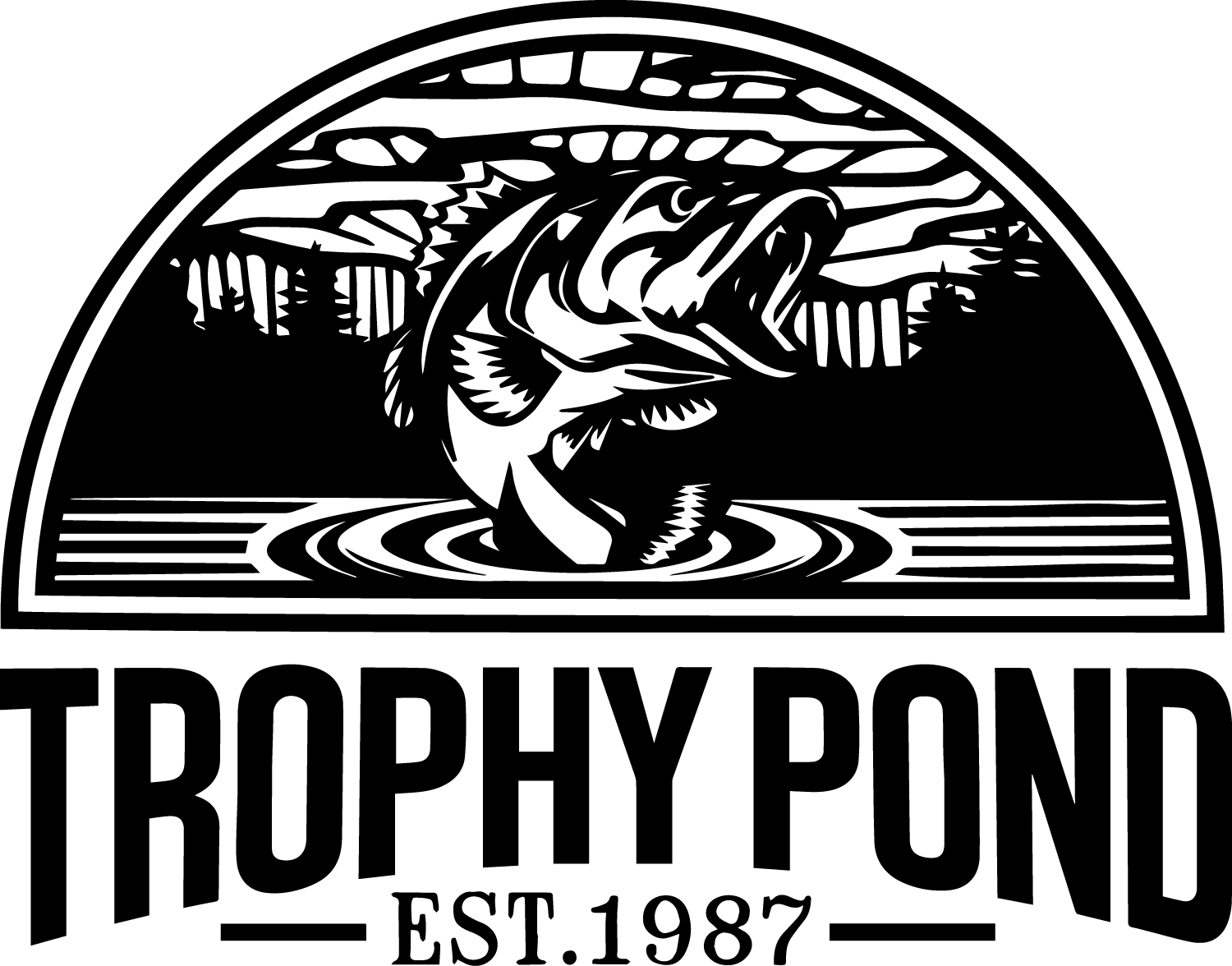Lake Management Franklin, Tennessee: Nature’s Habitat for Fish
Imagine a doctor that boasted in all his advertising that he was improving his patients’ health through regular amputations. Who would even consider calling such a doctor? You wouldn’t even linger on his website once you had read that tagline.
And yet more than one of our competitors brags about their capability to amputate vital limbs from your pond.
One of the parameters fisheries biologists used to measure to gauge the productivity of a public lake or river was the amount of aquatic vegetation growing in it: the more vegetation, the more fish the water body would support. With the advent of electrofishing, biologists were able to hone in directly on fish numbers, placing less emphasis on corollary data; but the density of aquatic plants was once used as an indicator of the health of a fishery. One older paper I read in grad school noted that water bodies with significant weedgrowth would support four to sixteen times as many fish per acre as ones with minimal weeds.
If you’ve ever fished public reservoirs for largemouth bass, you probably didn’t target the “clean” lakes when looking for big bass. Guntersville Lake was never known for big bass until it began having significant weedgrowth; it became a whole different lake when the weeds appeared. If you’ve ever been around a lake that developed weedgrowth for a few years and then lost it due to heavy spraying of herbicides brought about by lot owners who don’t fish, you’ve probably seen firsthand how terse bass fishermen can become when their lake loses its habitat. With the habitat goes the big bass.
So why then do multiple lake management companies brag about restoring ecological balance when what they really mean is poisoning the food factory of your pond with chemicals?
Because they make a lot of money on sending technicians to your pond twice a month to spray the chemicals. Those bi-monthly trips to your pond and many other ponds are what allowed them to open offices in multiple states.
Aquatic plants are nature’s habitat for fish. When you kill all the habitat, you’re putting fish into a swimming pool, and they won’t thrive no matter what you do. Just as you wouldn’t put cattle onto a slab of concrete and expect them to thrive, don’t put fish into a swimming pool and expect them to thrive.
Here’s another question for you: if that multi-state lake management company would lie to you in such a sneaky, deceptive way, pretending to be doing the best for your lake when in reality they’re doing the worst for it, just to get your business, can you really trust any recommendation they make to you?
